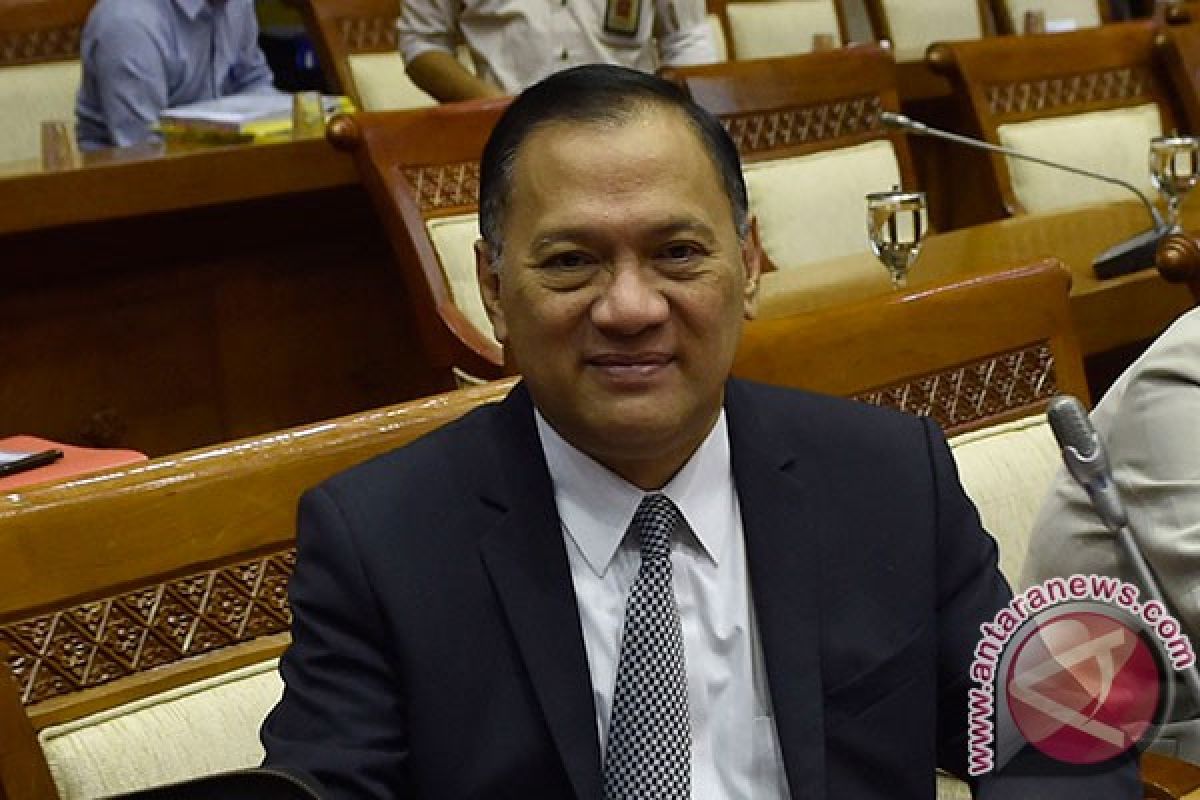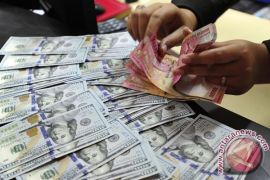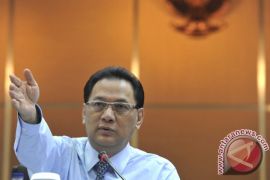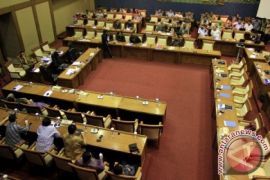The private debt dropped by 3.1 percent to US$164.5 billion while public or government debt was up by 18.7 percent (yoy) to US$159.7 billion.
"The private foreign debt comprised 50.70 percent while public foreign debt accounted for 49.3 percent of the total foreign debt of Indonesia," it said.
Private corporations took on foreign debt mostly for the industrial financial sector, processing, mining, electricity, gas and clean water with the total share of private foreign debt reaching 75.7 percent.
The slowdown in the private foreign debt was deeper after the private debt declined by 3.1 percent in June.
Most of Indonesia's foreign debt totaling US$283 billion or 87.3 percent of the total foreign debt, and growing by 8 percent, is long-term in nature. The short-term foreign debt had by July 2016 reached US$41.2 billion or 12.7 percent of the total foreign debt after slowing down 3.6 percent.
BI governor Agus Martowardojo stated that most of the long-term debtors are non-banking corporations. The withdrawal of non-banking corporations has been studied by BI and the Financial Service Authority from the viewpoint of financial prudence.
He also noted that since the end of the second quarter of 2016, the ratio of foreign debt to debt service has increased.
The hike must be watched because it can lead to a higher risk of default. Moreover, revenue from exports is predicted to slowdown in the remaining part of the year.
"The ratio of exports has not grown because the price of commodities is not yet improving, making it imperative to monitor the ratio of servicing," he cautioned.
According to data of the second quarter of 2016, Indonesias Tier 1 debt service ratio was up 37.3 percent from 34.1 percent while the Tier 2 debt service ratio in the second quarter was up at 67.7 percent from 60.9 percent in the first quarter.
Editor: Ade P Marboen
Copyright © ANTARA 2016









